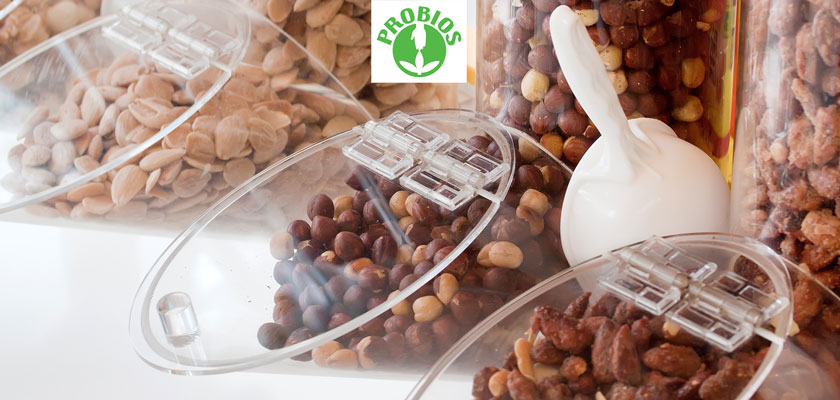
Christmas is a period of abundance and sparkle, as usual: we give more presents and we pay special attention to food. But, often, we tend to forget that the “Christmas frenzy” has negative effects on our finances and on the environment too.
According to the latest Waste Watchers (the first national observatory on waste, established thanks to an initiative of Last Minute Market) data, the two things we tend to waste more during Christmas are money (43%) and food (41%), but also paper/packaging (11%) and time (5%). So that, for the Italians, Christmas represents both a pleasure (28%), but also a cause of waste (23%), which is almost as consistent as gifts (19%).
In particular, the theme of “food waste” is definitely one of the hottest themes that we tend not to talk about: according to FAO (Food and Agriculture Organisation), a third of the initial food mass goes to waste or gets lost during the whole production and distribution chain. But, according to other researches, the total waste seems to be higher, about 85% in total. A percentage that is also increasing with the growth of population and consumes. Another important evidence from this research is represented by the forecast of how much food waste affects the production of greenhouse gases and, consequently, climate changes, 7% (3% in Italy) out of the whole climate changing emissions. 63% of the energy used to produce edible food goes to waste (60% in Italy).
So, it is important to give our little contribution, reducing waste as much as possible. Here are some simple tips to really make our Christmas a real #christmasforeveryone, also for the environment!
- Shop carefully: check what you really need, and what you already have in your pantry.
- Prefer seasonal food
- Properly store your food in the fridge
- Freeze food, if you can’t consume them before they expire
- Keep your pantry tidy and clean
- Read the label and pay attention to the expiry date
- Don’t cook extra food or too much
- Use food waste to create new recipes
- Give your family, friends or people in need the food you do not use
- Always purchase the right amount of food, basing on what you really eat.
This philosophy is the base of Biostock, part of the Probios Group since 2003 and leader in the distribution of organic raw materials in bulk, that offers a wide range of bulk products in different packs: cereals, flakes, spices, seasonings, pulses, seeds, flours and starches, oils and condiments, bakery products and deli products, pasta, condiments, rice and cous cous. Thanks to this type of sales, which is pretty simple but not always taken into big consideration, it is possible to purchase high quality organic certified products and to avoid any waste.





